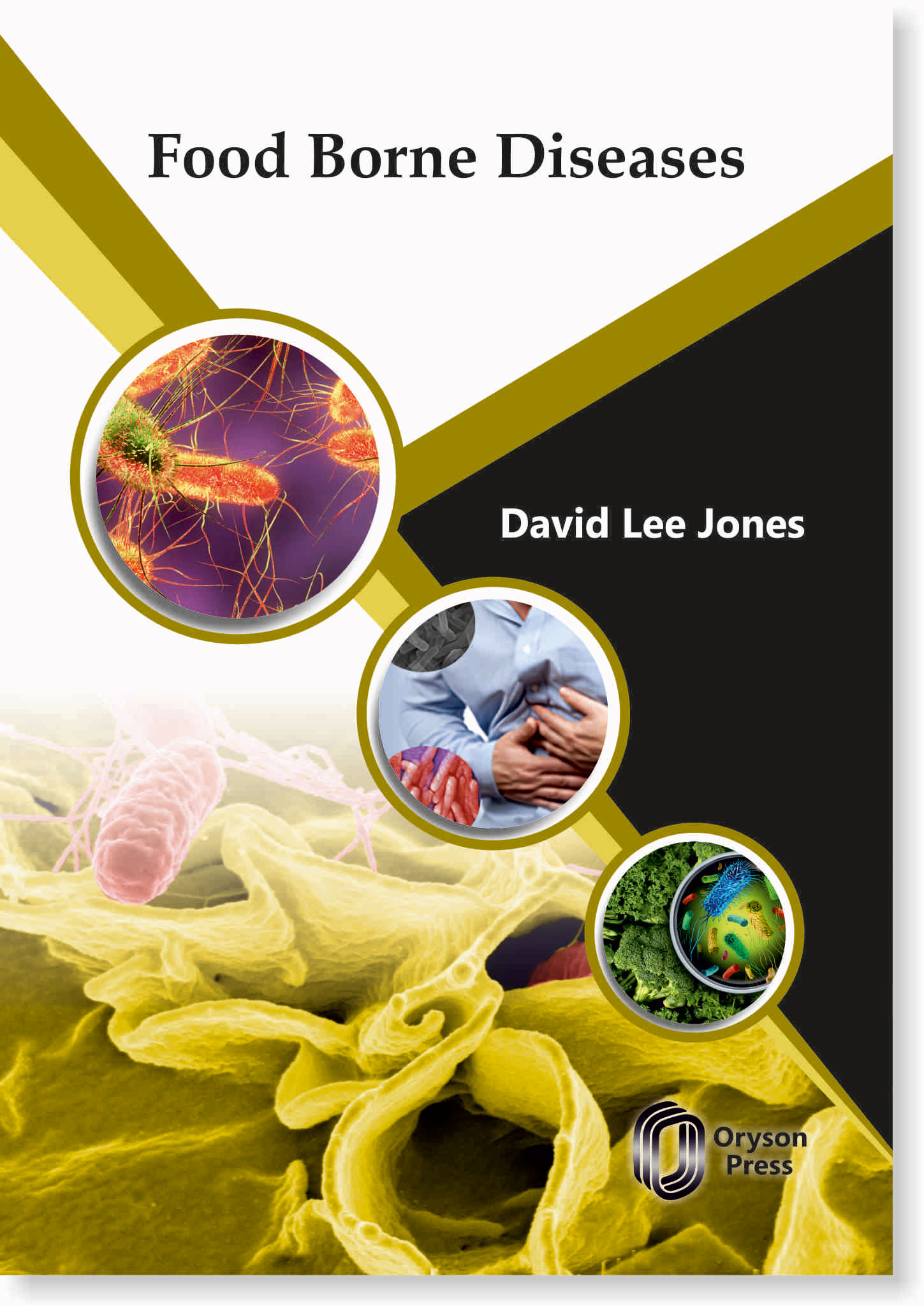Food Borne Diseases
Availability :
In Stock
₹ 6,850.38
M.R.P.:₹ 11049
You
Save: ₹4,198.62 (38.00% OFF)
(Inclusive
of all taxes)
Delivery:
₹ 0.00 Delivery charge
Author:
David Lee Jones
Publisher:
ORYSON PRESS
Edition:
First Edition
ISBN-13:
9798887150109
Publishing Year:
2023
No. of Pages:
300
Language:
English
Book Binding:
Hardcover











